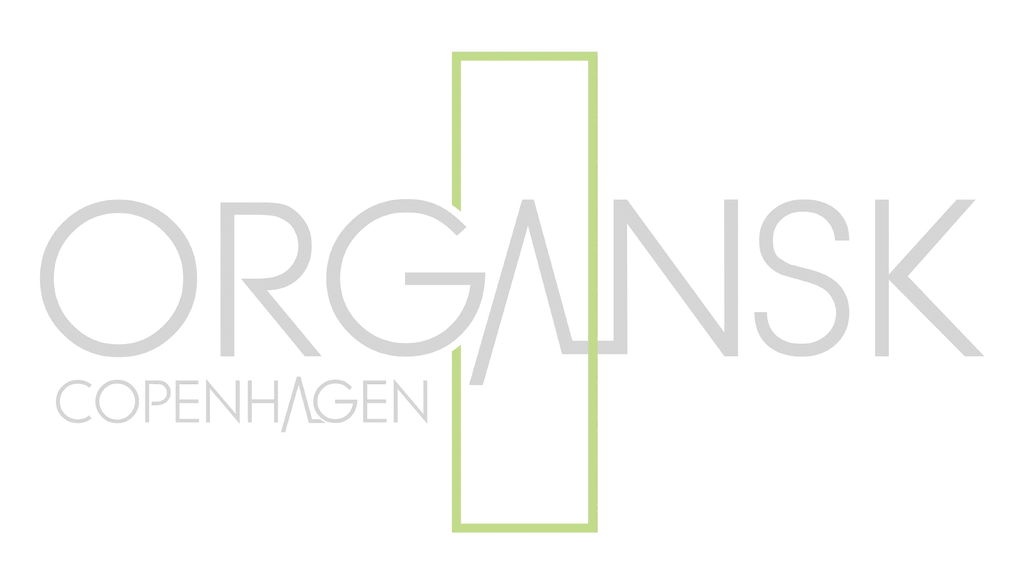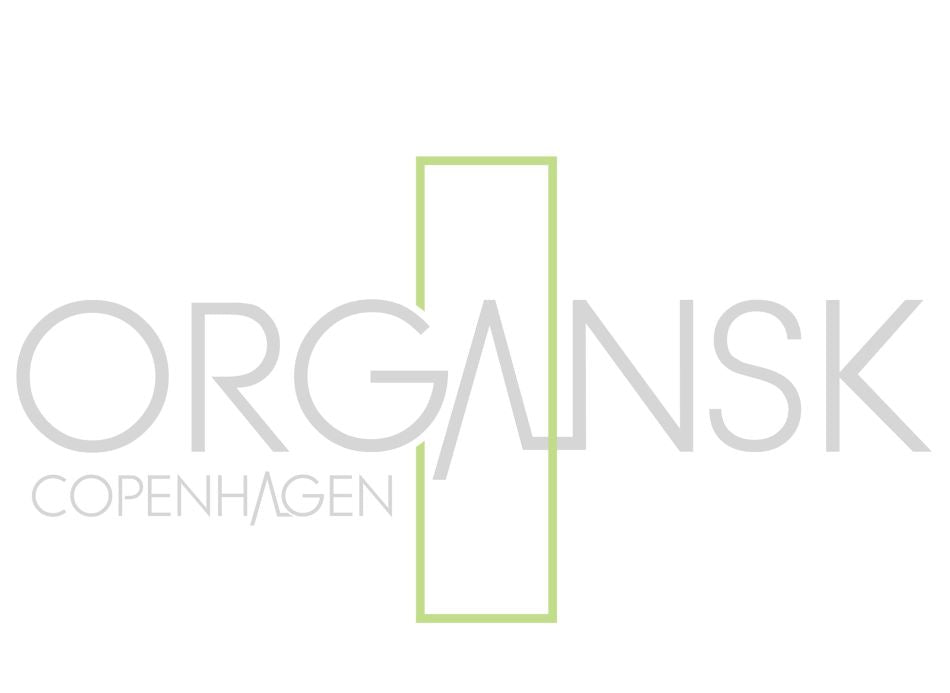Non-Toxic Fashion, Denim & Jeans
Written by Arshia Ahuja
The rise of globalization has fueled consumerism, causing a surge in fashion consumption. With brands and customers more accessible than ever, online shopping has led to increased production by fast fashion brands. Contemporary brands are not far behind, producing up to 8 yearly collections. This trend-driven consumerism has resulted in unethical practices within the industry. Fashion is, as of 2023, the third most polluting industry globally, contributing significantly to carbon emissions, water consumption, and waste pollution, posing a threat to the environment.[1]
While people are aware of how fashion affects the environment, many don't realize the harmful chemicals used in making clothes. There are around 8000 synthetic chemicals used in making clothes, from getting the materials to finishing the product. These chemicals include flame retardants, PFAs, lead, chromium (VI), phthalates, chlorine bleach, and more. Some of these chemicals can irritate the skin, cause cancer, or disrupt hormones.[2]
In recent years, the fashion industry has been under scrutiny for its environmental impact and as consumers become increasingly aware of these issues, there's a growing demand for non-toxic fashion alternatives that prioritize both sustainability and health. The rise of non-toxic fashion represents a significant shift towards a more mindful and responsible approach to dressing.
What is Non-Toxic Fashion?
Non-toxic fashion is clothing made with materials and processes that are safe for both people and the environment. This includes using organic or sustainably sourced fibers, non-toxic dyes, and ethical manufacturing practices. By opting for non-toxic fashion, consumers can reduce their exposure to harmful chemicals commonly found in conventional clothing, such as pesticides, formaldehyde, and phthalates.
Why Non-Toxic Fashion Matters
Choosing non-toxic fashion allows consumers to align their values with their purchases. By backing brands that prioritize sustainability and ethical production, individuals gain the ability to positively influence the industry. Moreover, non-toxic fashion promotes healthier lifestyles by reducing exposure to harmful substances, benefiting both people and the planet.
Key Principles of Non-Toxic Fashion
- Sustainable Materials: Non-toxic fashion prioritizes sustainable materials like organic cotton, hemp, bamboo, and recycled fabrics. These are grown and processed without harmful chemicals, lessening environmental impact and promoting biodiversity.
- Safe Dyes and Finishes: Non-toxic fashion avoids synthetic dyes and finishes, which release toxins into the environment and pose health risks. Instead, it uses natural or low-impact alternatives, ensuring safer products for consumers and workers.
- Ethical Production: Non-toxic fashion brands uphold ethical production, including fair wages, safe working conditions, and workers' rights. Supporting such brands helps combat exploitative labour practices.
- Transparency and Accountability: Non-toxic fashion values transparency, with brands openly sharing supply chain details and environmental impact. Accountability ensures brands are held responsible and encourages continuous sustainability improvements.
- Longevity and Versatility: Non-toxic fashion encourages buying fewer, but higher-quality, timeless pieces. Investing in durable, versatile clothing reduces consumption and waste, promoting a more sustainable fashion approach.
How can you as a consumer buy from more sustainable brands?
- Check the composition/materials used in each product.
- Choose brands that have certifications.
Certifications like GOTS, OEKO-TEX, EU Ecolabel etc. ensure that the brand is mindful of the materials used and work with ethical suppliers/producers that uphold the ILO.
- Choose brands that produce less and do not follow trends by creating multiple collections every year.
- Choose transparent brands that showcase their supply chain.
- Choose brands that use alternative production methods, low impact technologies like laser, e-flow, nano technology that reduces water and chemical usage in production.
[1] https://climatetrade.com/the-worlds-most-polluting-industries/#:~:text=3%20%E2%80%93%20Fashion%2C%20the%20third%20most,flights%20and%20maritime%20shipping%20combined!
[2] https://www.earthday.org/toxic-textiles-the-chemicals-in-our-clothing/




